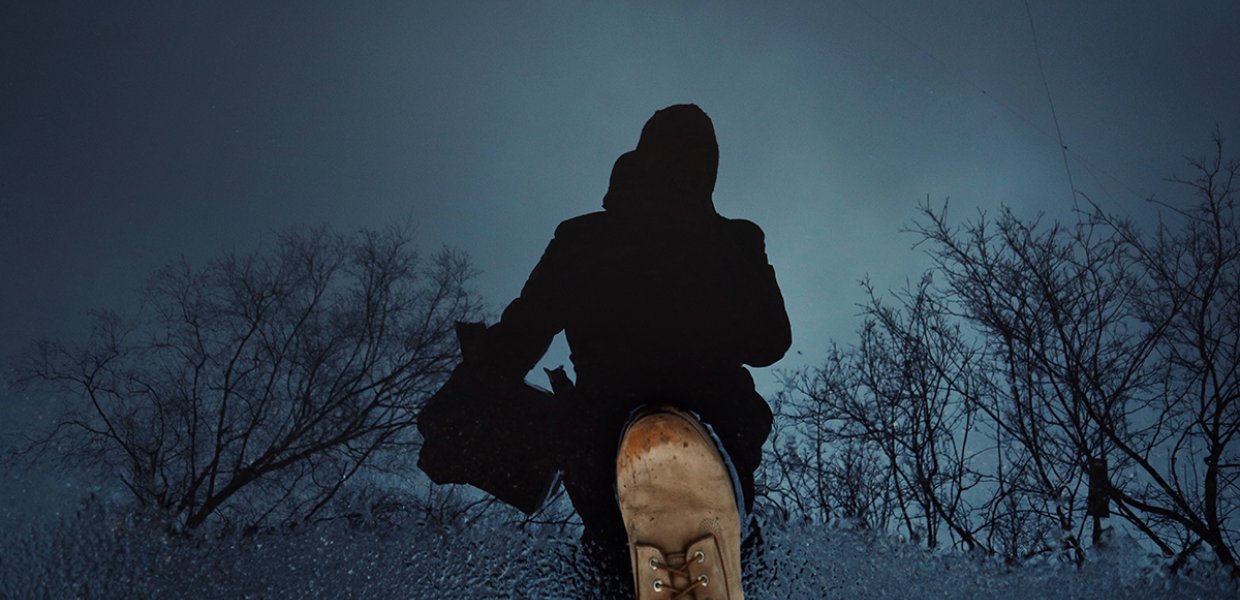2020 has been the most chaotic year in modern history. Coronavirus infected our bodies and our minds. Quarantines drained our economy. Protests rocked our communities. Political warfare divided our nation.
As of this writing, more than 6 million Americans have contracted COVID-19. Nearly 200,000 have died. Fourteen million have lost their jobs. Forty-two percent of the labor force worked from home. One hundred percent of our lives were changed forever.
In the middle of this global crisis, George Floyd was brutally murdered by the Minneapolis police, triggering an unprecedented nation-wide protest on our city streets. These spontaneous demonstrations changed the conversation around racial justice. Systemic racism, unconscious bias and cancel culture became trending topics and on social media and at the dinner table. Adding politics to the mix created a perfect storm. Wearing a max became a political statement. Supporting the Black Lives Matter logo got people fired. Boycotting beans became a symbol of resistance.
These epic events rocked the Public Relations industry. While corporate communicators worked overtime to reassure their customers and protect their employees, the struggling economy led to canceled internships, salary reductions and layoffs. Under internal and external pressure, consumer brands rushed to support Black Lives Matter, while their agencies released disappointing reports on their own diversity.
Like never before, Americans devoured content. Consumers lived on the internet. Audiences inhaled cable news. Politicians convened daily press conferences. Corporations announced social initiatives. Activists mobilized on social media. Teens weaponized TikTok.
Communications became essential.
That’s why we devoted the 2021 edition of the Relevance Report to examining the impact these unprecedented events will have on the future of the PR profession. No one could have predicted what happened in 2020, but we can speculate on how those profound changes will affect our work and our lives in the coming year.
